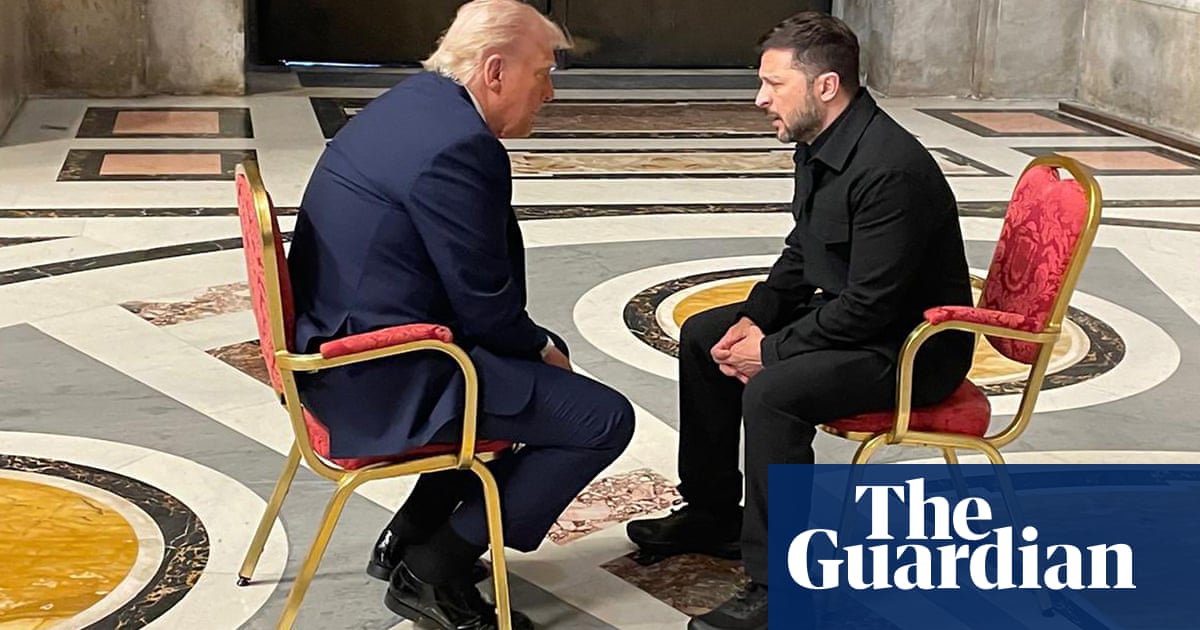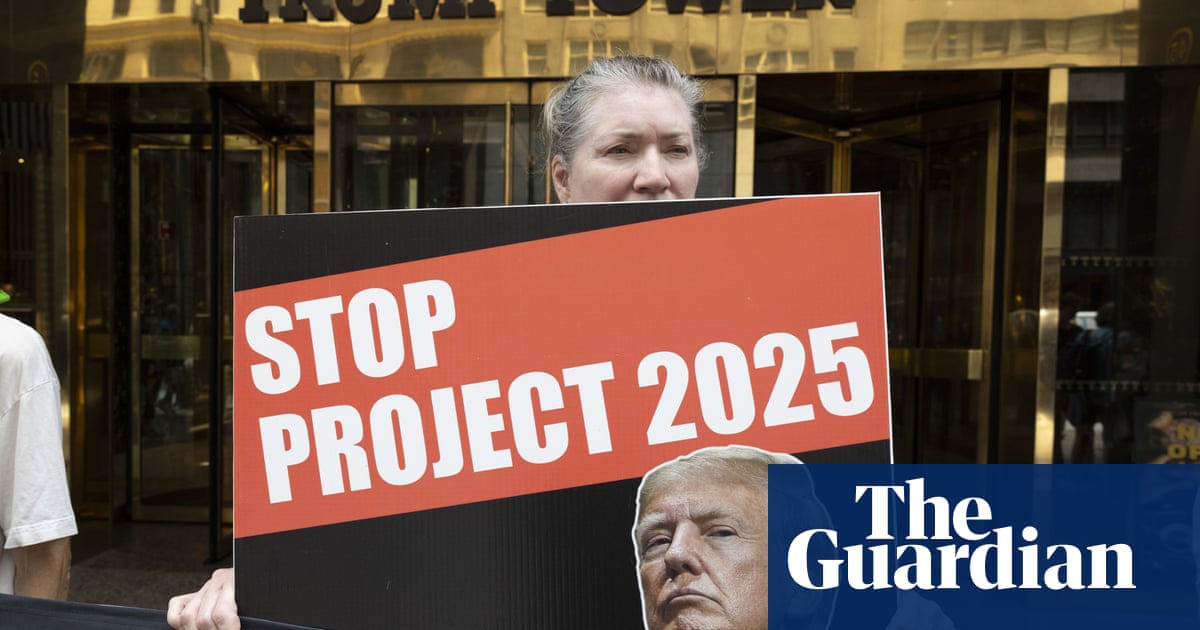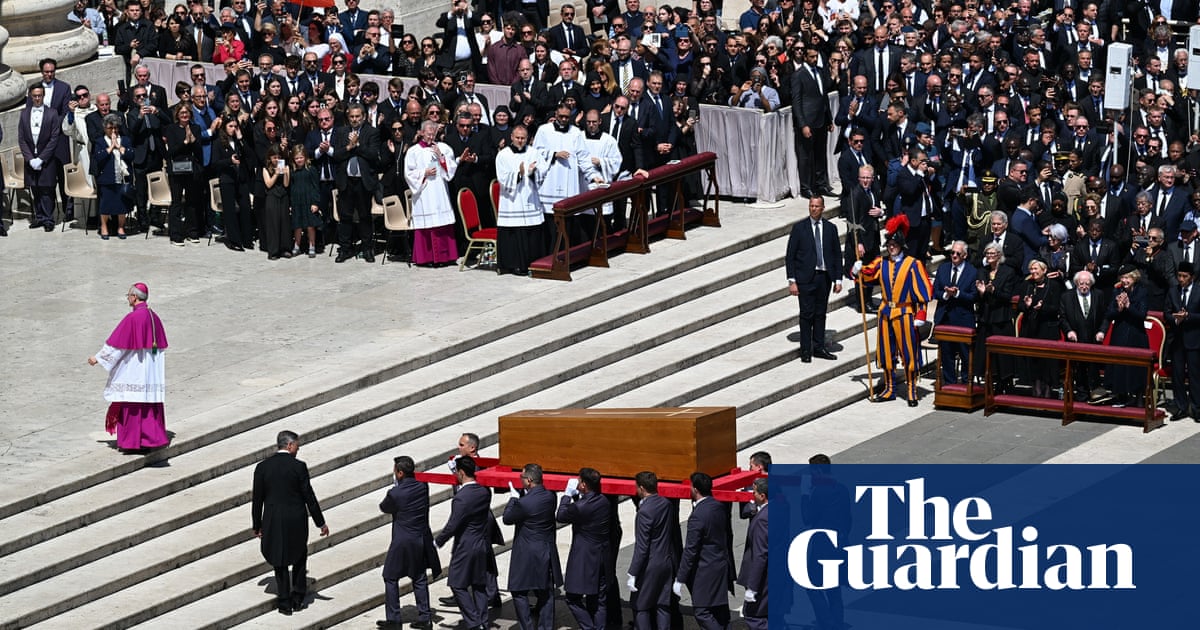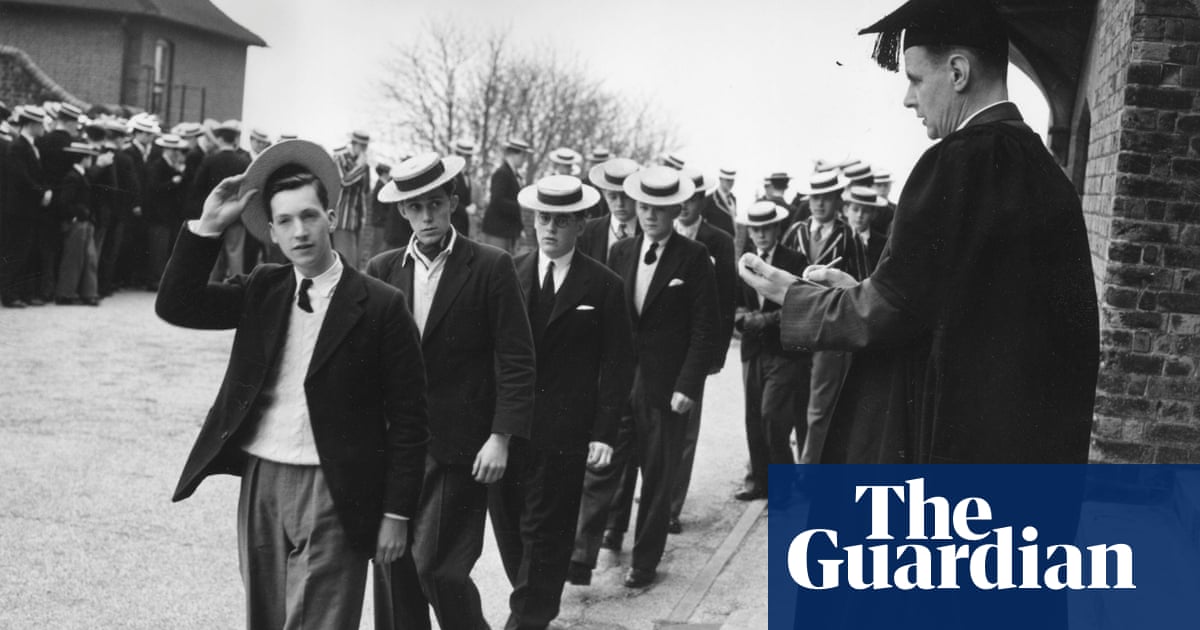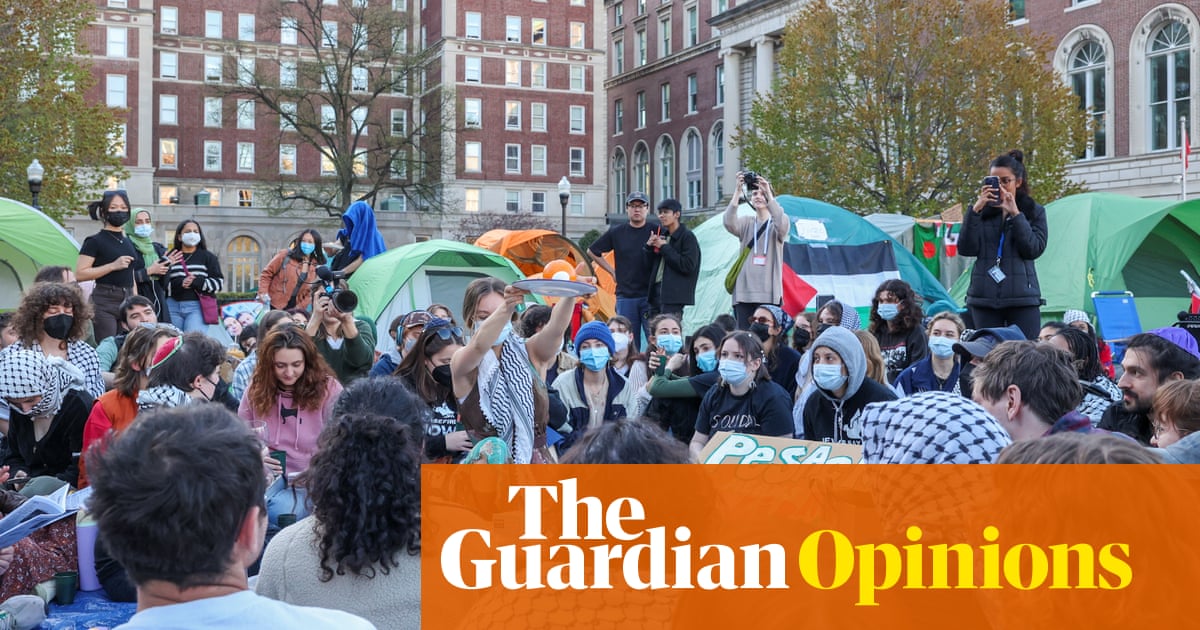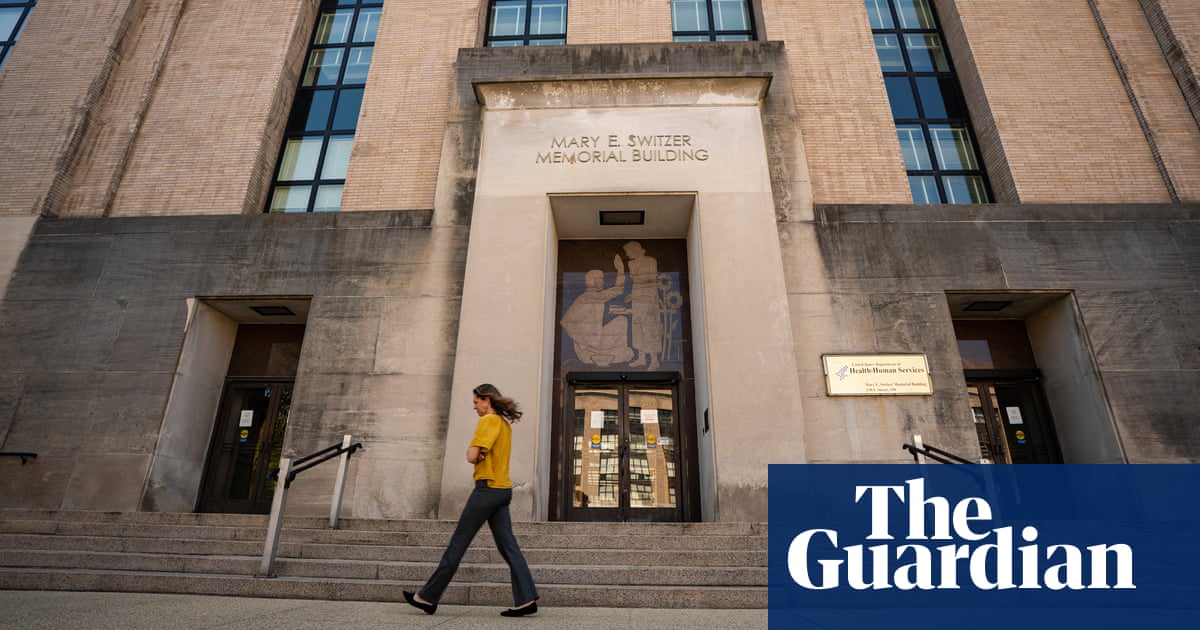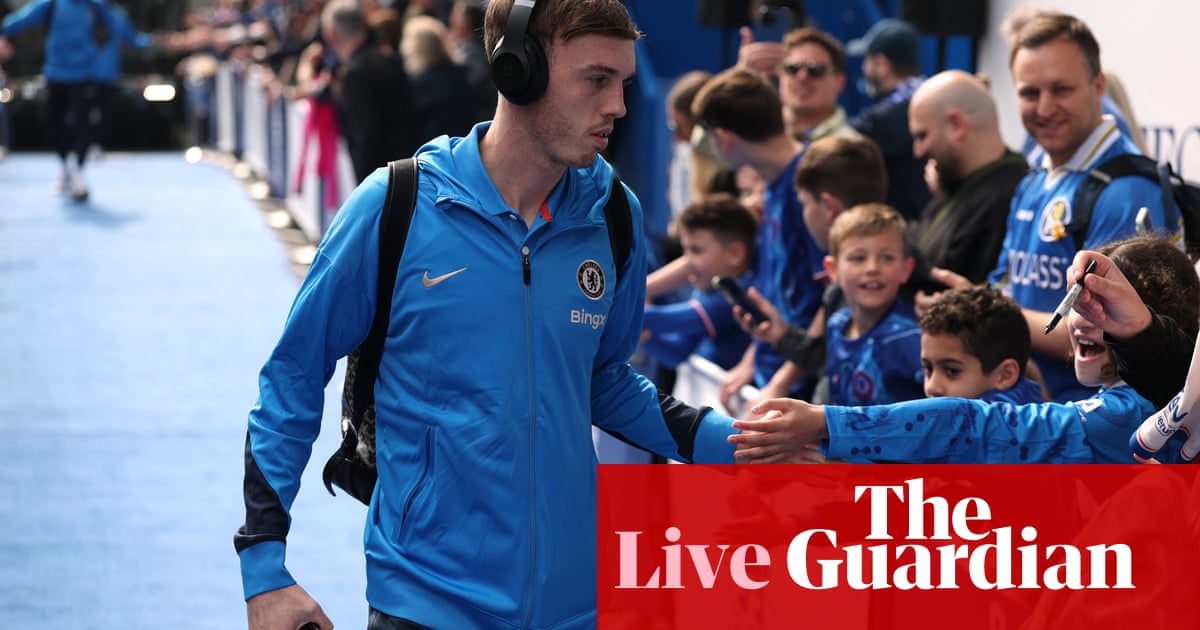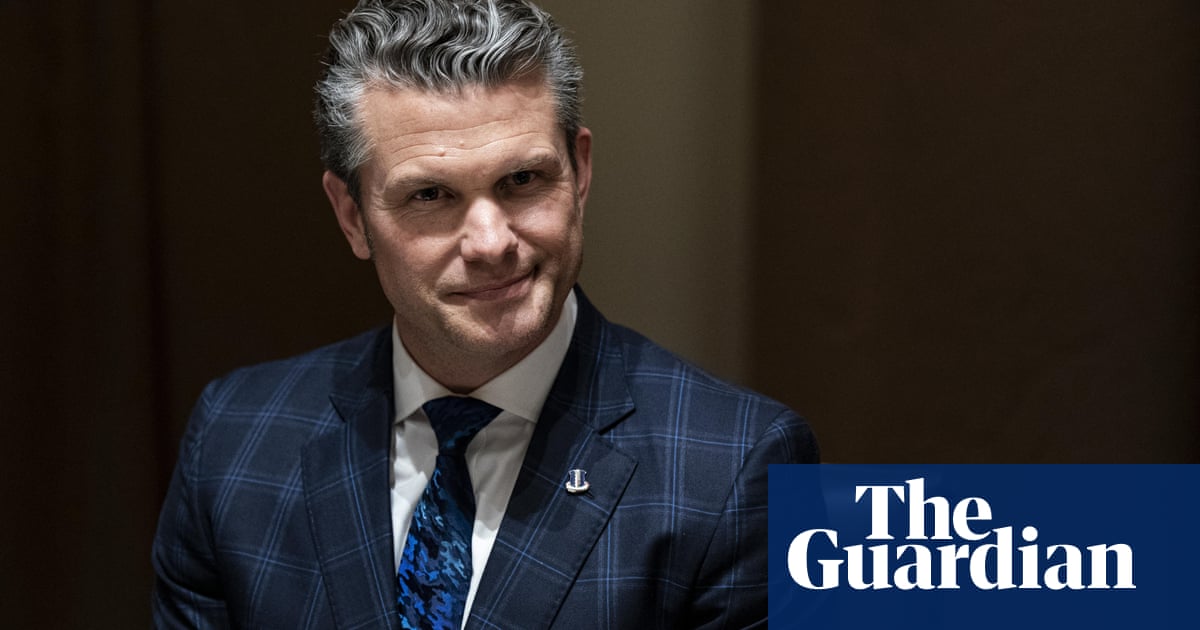An ambulance service and an NHS trust have admitted breaching their duty of care over the death of Ebow Graham, a founding member of the hip-hop group Foreign Beggars.
Graham, 40, died after falling out of a third-storey window in Clapton, east London in April 2020 following a psychotic episode. Hours earlier London ambulance paramedics had dismissed his friends’ concerns about his behaviour. And a crisis call handler from East London NHS trust also failed to properly assess his risk or arrange an urgent mental health assessment within the recommended time.
Both the London ambulance service and the trust have now reached an undisclosed settlement with Graham’s former partner Francesca Macri.
Graham’s friends first raised the alarm at about 4.20pm on 17 April when they called 999, worried by his erratic behaviour.
Macri claimed that when paramedics arrived at his Clapton flat, they were “dismissive and flippant” and ignored what his friends were saying about his condition.
The paramedics judged that Graham had capacity over his care. A serious incident report by the London ambulance service admitted that they failed to follow appropriate protocols by not contacting the mental health team for advice.
At 6.30pm Graham’s flatmate, a GP, called the mental health crisis team warning there were still serious concerns about Graham’s state of mind.
Instead of organising an urgent same-day assessment within a recommended four-hour window, the crisis team nurse only offered an appointment the following morning.
In despair, Graham’s friends took him to a local hospital, but after waiting to be seen they took him home because he was agitated and restless. Once home they made two further emergency calls warning they were gravely concerned about his condition.
At 12.25am on 18 April they made a third call to say he had fallen out of a window. Graham, who performed under the name Metropolis, suffered injuries and a cardiac arrest on the way to hospital. He died shortly after arriving at hospital.
East London NHS foundation trust admitted shortcomings in how the call to its crisis team was handled.
The London ambulance service’s investigation concluded there were “several missed opportunities” to get “expert help” to Graham.
Macri said: “Since Ebow’s death we’ve had a number of concerns about the treatment he received, or rather didn’t receive, on that day.”
She is particularly critical of the ambulance team. Macri said: “The paramedics that attended on that day were dismissive and flippant and ignored what Ebow’s friends were telling them.
“They asked whether Ebow had smoked cannabis and this concerns me – were they asking this because Ebow was a black man with dreadlocks? Why did it even matter what had caused Ebow’s psychosis and shouldn’t the focus have been on helping him? I cannot help but wonder whether racial profiling played any part in the way Ebow was treated.”
Macri added: “Our only hope now is that the heartbreak we’ve suffered highlights the dangers of drugs but also the need for those with mental health issues to receive the most appropriate and swift treatment. If Ebow had received the correct care on that fateful day he may still be here with us today.”
Macri’s lawyer, Leena Savjani, from the medical negligence team at Irwin Mitchell, said: “It’s now vital that lessons are learned from the issues that have been identified to help improve patient safety in relation to mental health.
“We’d always urge health professionals to listen carefully to loved ones when a person is in distress as it can help ensure that urgent assessments are carried out and appropriate help can be provided to those who need it.”
Daniel Elkeles, the chief executive of the London ambulance service, said: “We would like to offer our sincere condolences to Mr Graham’s loved ones and we are sorry for the shortcomings in the care we provided to him in the hours before his death.
“The inquest found we should have sought mental health specialist advice on whether Mr Graham had capacity to decline treatment. However there was no finding of racial profiling and these are claims we strongly refute.
“We carried out an investigation into the care of Mr Graham and there has been much learning and action for the trust in the five years since he died.”
East London NHS trust has been approached for comment.

 8 hours ago
6
8 hours ago
6

